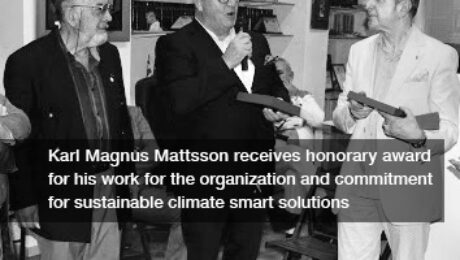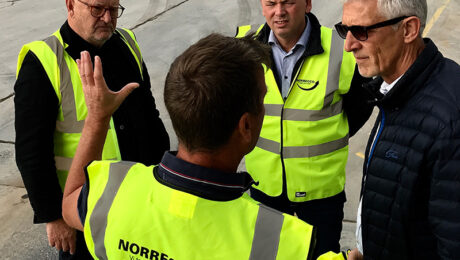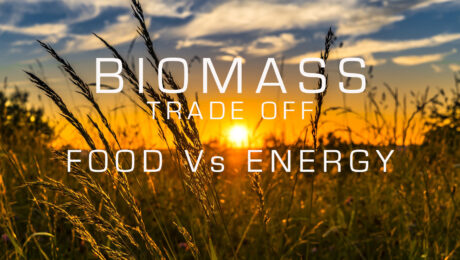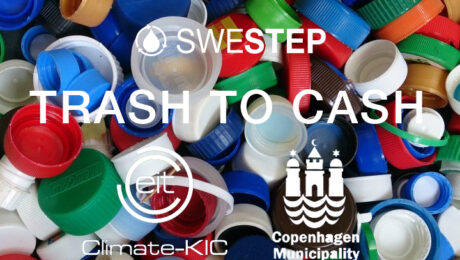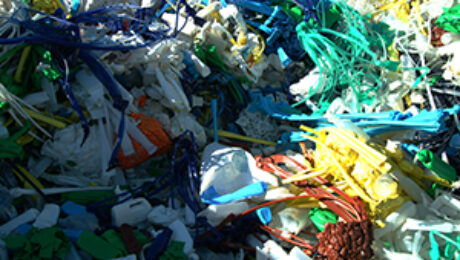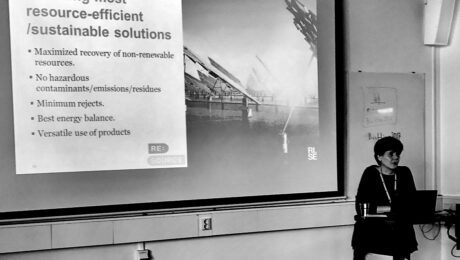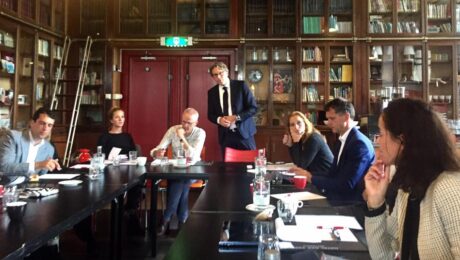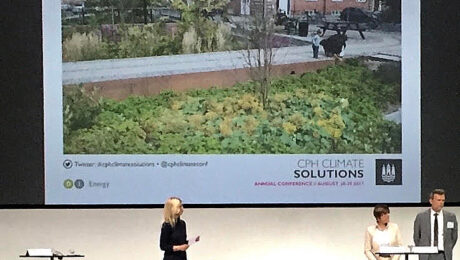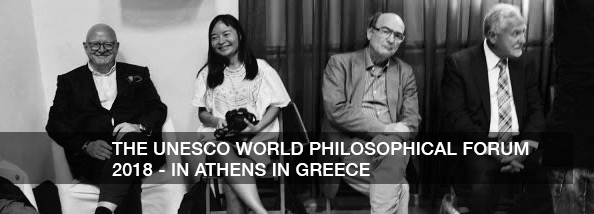
News from World Philosophical Forum
– Athens in Greece
Karl Magnus Mattsson, Founder and CEO of SWESTEP, was one of the speaker at this years World Philosophical Forum.
His speech addressed the world’s sustainability goals, the emissions and pollution problem, and the possibility using waste as raw material to produce renewable fuels, energy and sustainable liquids, that ultimately could replace our fossil dependence.
He gave facts, statistics and figures on population growth, oil prices, emission allowances and how our oceans and mother earth is being raped by waste and that we must put an end to this now!
He concludes his speech by adressering coming generations.

Karl Magnus Mattsson receives honorary award for
his work for the organization and commitment for
sustainable climate smart solutions
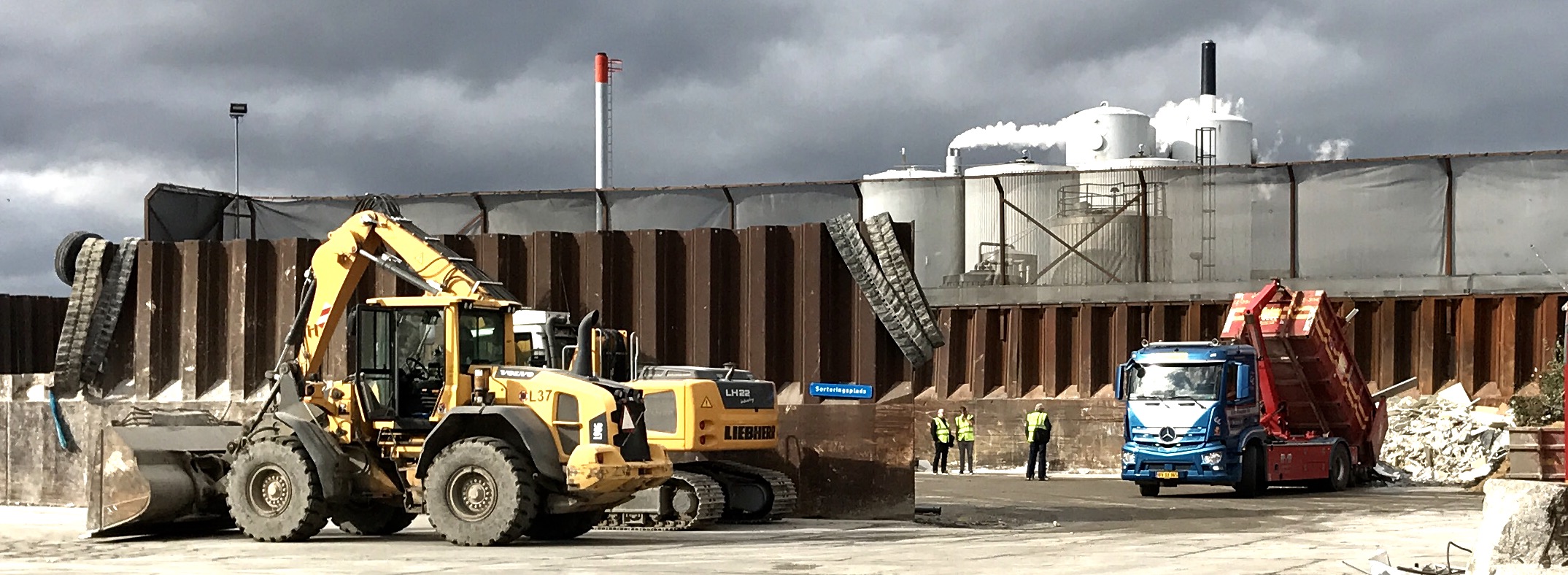
Meeting with Norrecco in Copenhagen Denmark
Positive signals from meeting with Norrecco. The dialogue is now entering the next phase of setting up SWESTEP Installations in Denmark.
Norrecco’s interest lies in strengthening its positioning in the Danish Recycling Market, through the ability to offer a more sustainable and viable alternative, especially in the field of plastic recycling.
The first step is to look at setting up a SWESTEP Plant in Copenhagen Harbor.
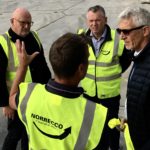
Karl Magnus Mattsson – SWESTEP
Søren Eriksen – Norrecco
Martin Porsgaard – NISA
Karsten Ludvigsen – Norrecco
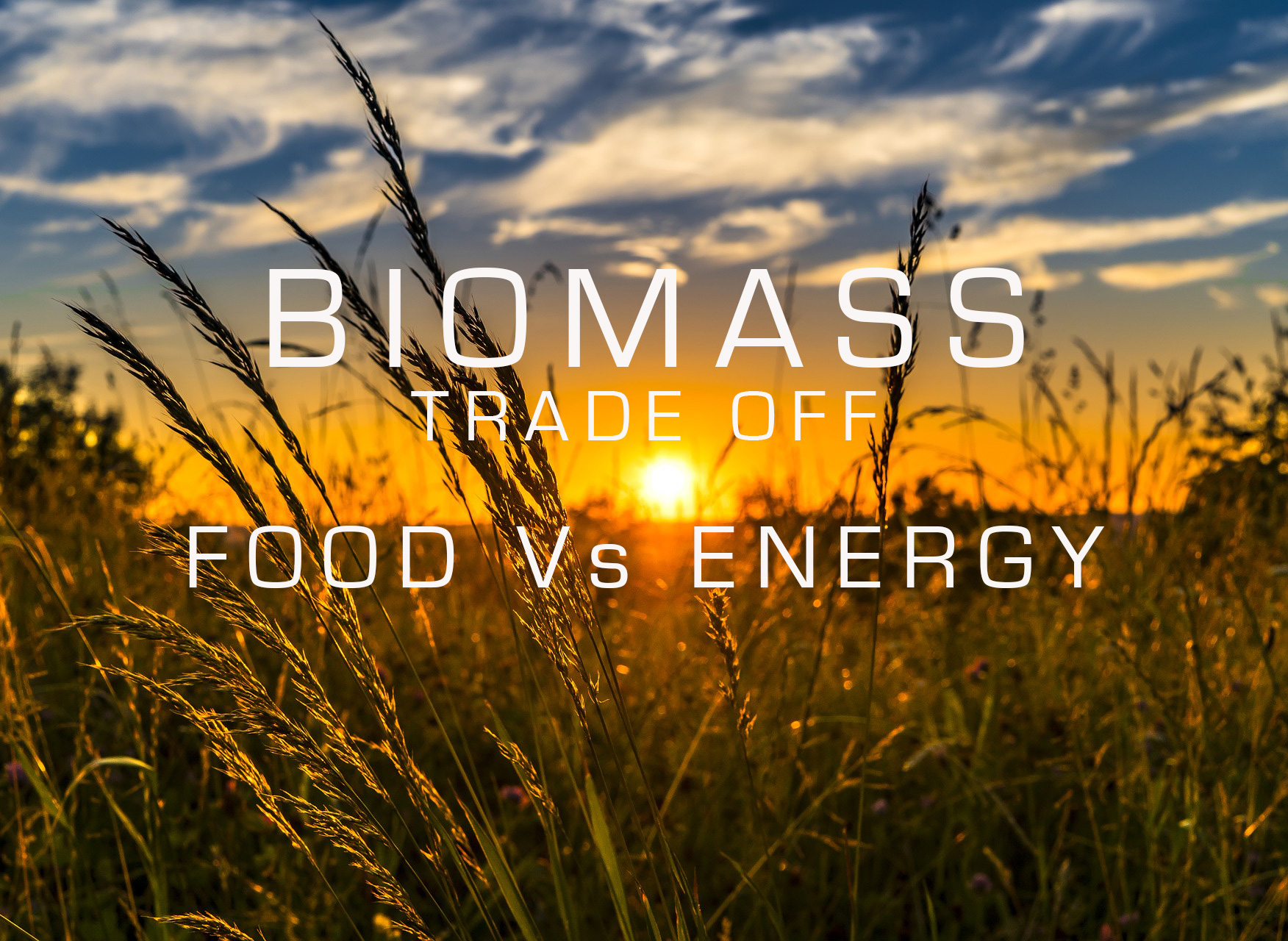
NEWS from – European Biomass Industry Association
Read article under (LINK), but first!
YES, Biomass has an important part in the circular economy, but
we must focus on solutions where we recycle, process and refine
the residues. The agriculture and forestry sector, in fact the food
industry as a whole has an important role to play.
All types of cultivable farmland must eventually be allocated for
sustainable food production. Using this kind of valuable land for
producing raw material/feedstock for energy or new raw materials
for the production of consumer goods is not defensible.
And from a climate perspective, with regard to emissions footprint,
it is a scandal to ship this raw material around the world for production
of renewable energy or fuel production.
In order to achieve a sustainable balance, where we can free ourselves
from the fossil dependence, both viewed from the circular economy and
the CO2 neutral economy, we must act regionally in a responsible way.
The global economy has both its pros and cons, so to offer a viable solution,
it is essential that all steps work regionally/locally: – (1) Raw Materials,
(2) Processing, (3) Production, (4) Consumption/Use.
The ability to combine and mix all types of hydrocarbon based waste, with
biomass as raw material / feedstock, is optimal, and a must in order to meet
market demands and future regulations.
The SWESTEP Plants that can simultaneously handle mix and recycle most
organic waste, including plastics, with biomass.
Add also the flexibility, size and option in regard to: (1) Input Materials,
(2) Production Unit (3) End Products, and you have a product, solution and
company with growth potential that is both viable from an economic and
environmental perspective.
SOURCE & PHOTO – European Biomass Industry Association
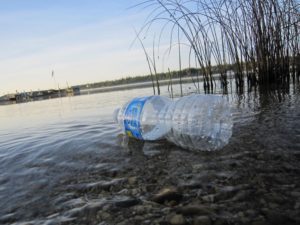
Trash to cash: How SWESTEP gives plastic waste a new life
People all over the world are throwing out large quantities of plastic each year, representing a huge sustainability issue. SWESTEP aims to address this by converting household plastic waste into sustainable oil and new plastic raw materials.
Over the past year, the Swedish green tech company has been working closely with Climate-KIC and the City of Copenhagen to carry out a feasibility study on the conversion of plastic waste to new sustainable oil. Since being established in 2012, SWESTEP has been developing an industrial process capable of turning all hydrocarbon-based waste and residues, such as plastic, into renewable fractions. In practical terms, this means that any organic waste stream can be considered as a feedstock, and duly be transformed into a wide range of renewable fuels or useful sustainable liquids and materials to be used again.
In theory, this process could have huge implications for how we deal with plastics, as well as waste management in general, as it could lead to the establishment of major circular economy loops into a city’s ecosystem, provide new sources of renewable energy, and create new revenues and jobs—effectively converting what was previously considered waste into a resource. One key aspect of SWESTEP’s technology is that the feedstock doesn’t require separating prior to processing, meaning mixed waste streams are just as effectively processed as sorted ones. This contrasts wildly with the status quo, in which mixed waste streams require appropriately sorting before the separate elements can be recycled.
Creating industrial inputs from waste plastic for industries that typically require fossil-based fuels or petrochemicals for major parts of their operations doesn’t just represent a welcome remedy to the problem of municipal waste, it also embodies potential to reduce the consumption of fossil-fuels and thus, contributes to climate change mitigation.
Given what was on offer, it’s easy to understand why Copenhagen was interested in a potential collaboration. Per Boesgaard, coordinator of the city’s Climate Plan 2025, had this to say:
“Waste management, and particularly plastic waste management, has represented a huge problem for the city for a long time. Plastic is now a large part of people’s daily lives, yet it represents a huge environmental problem with regards to both the consequences of its disposal and its carbon footprint.
Our challenge [as the City of Copenhagen] is to manage this problem holistically, which means solving the environmental issues without disrupting the day-to-day of our citizens. Thus, participating in projects such as this and collaborating with pioneering companies like SWESTEP to investigate the potential of their technology is both necessary and exciting for us as a city. We are very pleased with the outcome of this project and look forward to working more with SWESTEP and Climate-KIC in the future”.
Source DAILY PLANET; Read the full article – click here
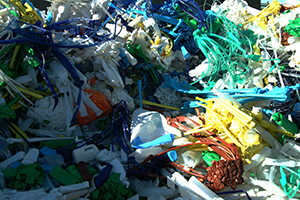
SWESTEP Plastic to Liquid to Plastic Recycling
People all over the world are throwing out large quantities of plastic each year, representing a huge sustainability issue. SWESTEP aims to address this by converting household plastic waste into sustainable oil and new plastic raw materials.
Over the past year, the Swedish green tech company has been working closely with Climate-KIC and the City of Copenhagen to carry out a feasibility study on the conversion of plastic waste to new sustainable oil. SWESTEP havedeveloped an industrial process capable of turning all hydrocarbon-based waste and residues, including plastic, into renewable fractions. In practical terms, this means that any organic waste stream can be considered as a feedstock, and duly be transformed into a wide range of renewable fuels or useful sustainable oil/liquids to be used again.
In theory, this process could have huge implications for how we deal with plastics, as well as waste management in general, as it could lead to the establishment of major circular economy loops into a city’s ecosystem, provide new sources of renewable energy, and create new revenues and jobs—effectively converting what was previously considered waste into a resource. One key aspect of SWESTEP’s technology is that it can mixe waste streams simultaneously just as effectively processed as sorted ones. This contrasts wildly with the status quo, in which mixed waste streams require appropriately sorting before the separate input material can be recycled.
Creating industrial inputs from waste plastic for industries that typically require fossil-based fuels or petrochemicals for major parts of their operations doesn’t just represent a welcome remedy to the problem of municipal waste, it also embodies potential to reduce the consumption of fossil-fuels and thus, contributes to climate change mitigation.
Source – Polyestertime, read full article here

Interesting Conference with focus to make the aviation industry more sustainable.
The goal with the conference is to seek an agreement on tangible ways to promote uptake of sustainable jet fuel in the Nordic countries and possible offer examples for other regions and countries to follow.
The ambition is to involve all stakeholders in the aviation industry and aviation fuel suppliers as well as civil society organisations, national authorities and ministers responsible for energy and/or aviation.
The aviation industry aims to stabilise CO2 emissions at 2020 levels and requiring airlines to offset the growth of their emissions after 2020. One of the measures required is increasing the use of sustainable jet fuel. Development, production and supply of sustainable jet fuel involves many sectors and actors. There is a need to think across both ministries, business models and national borders. Being in forefront of these developments will attract investment, create clean technology solutions and new jobs.
Nordic Energy Research (NER) together with Nordic Initiative for Sustainable Aviation (NISA) will host this conference to promote Nordic leadership in sustain-able jet fuels. Our intention is to consider key recommendations from stakeholders in-order-to explore how various initiatives, policy frameworks can enable increased use of sustainable jet fuel in the aviation sector.
Read more about NER – Nordic Energy Research and NISA – Nordic initiative for Sustainable Aviation

SWESTEP was invited by Scandinavian Partner LaB, on participating on a workshop on the EU project INTERREG Öresund, Kattegat, Skagerrak.
It turned out be an good, constructive and fruitful day with both new contacts and projects to follow up on.
Host of the event where for the event was SCANDINAVIAN PARTNER LAB is under the umbrella of INTERREG – Öresund, Kattegat, Skagerrak and the European Regional Development Fund.
On the picture from the left; JP Morgan Friberg Creative Director – New Business SWESTEP, Ole Langeland Pedersen – Consult and advisor INTERREG ÖKS / EU
Link to more information about Scandinavian Partner LaB – Click here
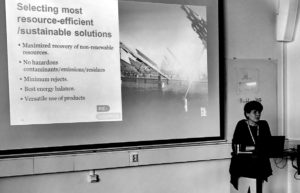
Interesting and fruitful workshop at KTH on feedstock recycling of polymers.
Molecular recycling (so-called feedstock recycling) offers an opportunity for converting different qualities of plastic material into chemical raw materials with properties similar to those obtained from virgin feedstock.
This is a key element for enabling circular flow of polymer materials since all polymers are subject to aging and cannot, consequently, be reused or material recycled endlessly.
The main objective of this project is to establish an effective mechanism that will support the development of best-tailored solutions enabling circulation of polymer materials and to find a model for this mechanism to function well in the future.
The topic of the day was;
- Finding viable technological solutions for different polymer products based on their structure and properties.
- What kind of instrument is needed to assist technology users in their decision making and for technology providers to find their customers?
- How can future platform/test bed serve both groups in the match-making in the best way?
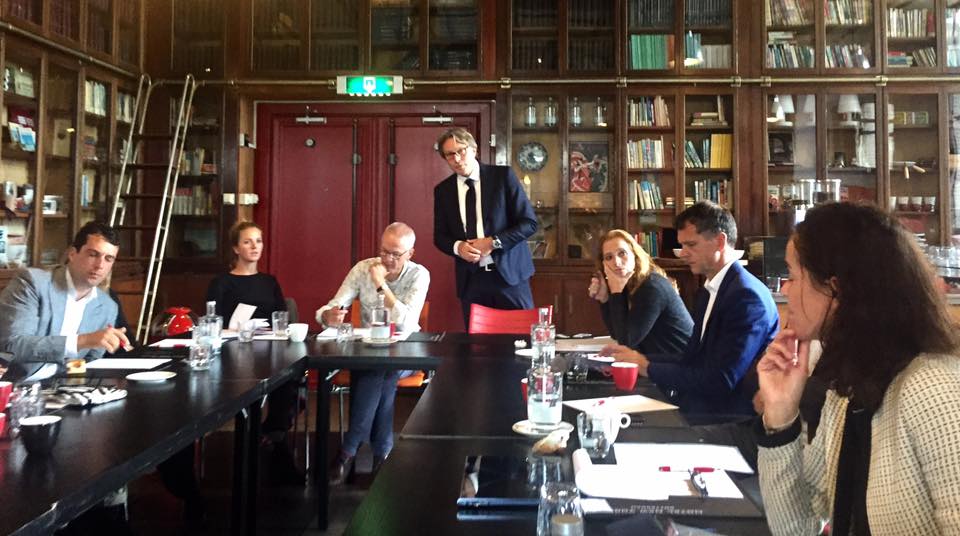
SWESTEP meeting with the management team of the Port of Rotterdam.
Invited by Clean Tech Delta and the city of Rotterdam, we were given the opportunity to introduce SWESTEP as an alternative for how the harbor can recycle all organic waste, including plastics, to renewable fuels, energy and oils which in turn can be refined to performance chemicals and other liquids for most fossil dependent industries.
It was gratifying to have the harbor’s confirmation that we share the same view regarding the future of renewable fuels, energy and the importance of adapting all activities to both the circular economy and the CO2 neutral economy.
On the agenda was also discussions on new and forthcoming legislation on;
- Waste handling and recycling
- Marine fuels and also other renewable fuels for aviation and land based transportations.
- Guidelines and restrictions for both incineration plants and landfills
All the three points are key issues that the harbor must take decisions on how to deal with and resolve.
Port of Rotterdam is Europe’s largest port, with the exception of the shipping traffic loading and unloading freights and liquid products, there are refineries and industries from most segments in the port area.
The Port of Rotterdam has set itself the goal of becoming fossil-free in 2050, and SWESTEP’s hopes are to be one of the companies that supplies the harbor with a solution to help them achieve this goal.
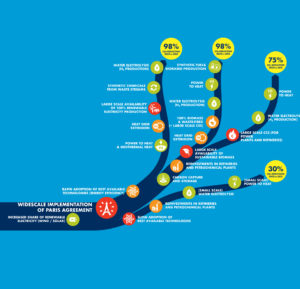
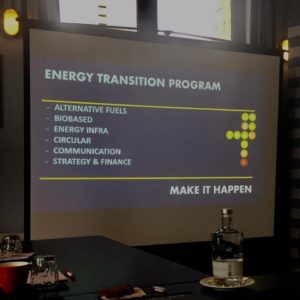
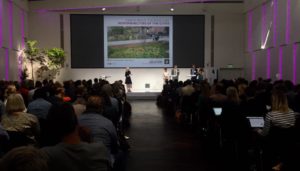
SWESTEP participated at the CPH Climate Solution Conference in Copenhagen Denmark.
It was two intense days filled with interesting workshops, speeches and networking.
Copenhagen has set itself the goal of becoming Europe’s purest capital; so there were many
debates and discussions on incineration plants, waste handling and recycling, renewable
fuels and energy forms.
Reusing or Recycling of waste from both the Circular-, and CO2 Neutral Economy from a producer’s
responsibility, product life cycle and close the loop perspective, was also subjects discussed.

